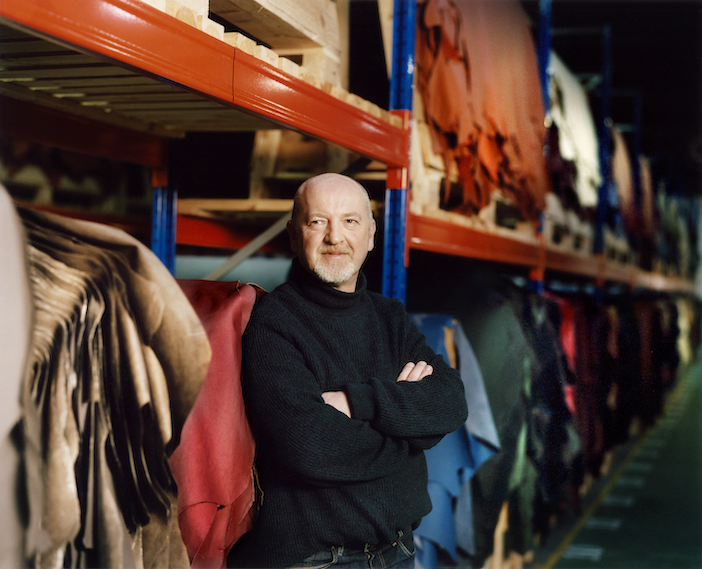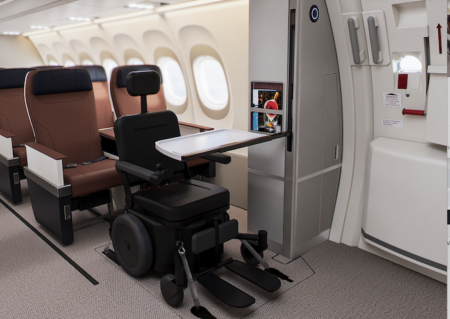Bridge of Weir Leather, a supplier of automotive leather that is part of Scottish Leather Group alongside Muirhead, an aviation leather supplier, is calling for a “step change in transparency” with regard to the sustainability claims made by synthetic automotive interior materials suppliers.
“As the industry transitions to a zero-emission future, the environmental impact of the supply chain is rightly being more rigorously scrutinised”, said Bridge of Weir in a statement.
The company claims that non-animal-derived materials – sometimes referred to as ‘vegan leathers’ – are gaining publicity based on claims they outperform leather in terms of welfare and sustainability. Bridge of Weir Leather says it is concerned that both car makers and consumers are being ‘greenwashed’, meaning the environmental claims are unsubstantiated or exaggerated.
Sources for the argument
Bridge of Weir Leather cites a recent report by the Filk Frieberg Institute, which uncovered the presence of fossil fuel-derived plastics in a range of leather alternatives. The leather supplier states that the manufacturing process of materials based on recycled plastics often requires new virgin plastic material, “introducing an environmental issue rather than solving one”. Bridge of Weir Leather also cites the World Wildlife Fund, which has criticised the use of plastic in non-animal materials.
“Bridge of Weir strongly believes that greater transparency is needed, enabling car makers and consumers to make informed decisions regarding the provenance and impact of materials,” read the company’s statement. “Bridge of Weir calls on automotive material manufacturers to fully reveal their supply chain and true environmental impact of products, enabling the verification of their green claims.”

Dr Warren Bowden, head of sustainability & innovation at Bridge of Weir Leather, said: “Car makers and consumers are being led to believe that many non-animal materials, which can be made from various plant-based products or recycled plastic bottles, perform better and are more sustainable than real leather.
“But this isn’t the case and there is real concern they are being greenwashed. Unlike leather, synthetic materials created using fossil fuels do not biodegrade. They litter oceans and soils with debris and microplastics, and cause tremendous damage to biodiversity. The materials industry must be more transparent on its sustainability claims, enabling both car companies and consumers to make fully informed decisions.”

While the company clearly has a bias towards its product, Bridge of Weir leather is confident in the environmental credentials of leather as it is a by-product of the meat industry, with no cattle being bred solely for their hides. The company says that as global beef consumption is rising, the leather industry plays an important crucial role in circularity, upcycling hides that would otherwise become landfill where they would emit methane.
Dr Warren Bowden continued: “It is here that the claims around the emissions contribution of leather vs non-animal materials are also awash with misinformation. Automotive leather comes from cows, which also provide meat, dairy, animal glues and leather to other industries. Usage in a car interior is a tiny part of the equation, equating to just 1% the economic value of the carcass, further underlining why no animal is ever bred for its hide alone.”
Bridge of Weir has prepared a web page on its call for greater material transparency: https://www.bridgeofweirleather.com/journal
Editor’s note: We would be interested in hearing views on this statement from suppliers of vegan leathers or similar products. If you have something to say, get in touch.





